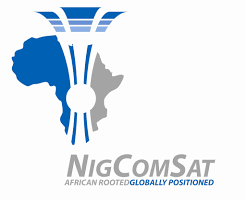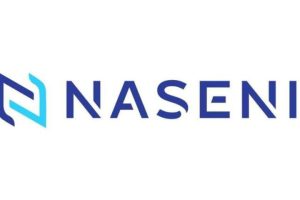Abuja, Nigeria – Nigeria’s push to safeguard information, in line with the new Nigeria Data Protection Act (NDP Act) 2023, is rapidly expanding across the country. This follows President Bola Tinubu’s recent directive for all government ministries, departments, and agencies (MDAs) to rigorously capture and protect data. The presidential mandate is already fostering significant collaborations, notably with the Medical and Dental Council of Nigeria (MDCN) and a strong commitment from Kano State.
President Tinubu underscored the administration’s commitment to harnessing data as a critical resource for national development during a recent address at the maiden International Civil Service Conference 2025. “Data is the new oil, but unlike oil, its value increases the more it is refined and responsibly shared. I therefore direct all Ministries, Extra-Ministerial Departments, and Agencies to capture information rigorously and safeguard it under the Nigeria Data Protection Act of 2023,” the President stated. He emphasised the importance of data-driven decision-making, transparency, and international collaboration, urging Nigeria to “publish verified datasets within Nigeria and share them in internationally-recognised repositories” to strengthen its global standing.
The NDP Act 2023 was signed into law by President Tinubu on June 12, 2023, marking a significant step in protecting personal data and promoting the digital economy as part of his 8-point agenda.
Partnership with Medical and Dental Council of Nigeria
In light of this directive, the National Commissioner/CEO of the Nigeria Data Protection Commission (NDPC), Vincent Olatunji, welcomed the Registrar/CEO of the Medical and Dental Council of Nigeria (MDCN), Prof. Fatima Kyari, and her team to the Commission’s headquarters in Abuja.
Prof. Kyari commended Mr. Olatunji’s efforts in advancing Nigeria’s data protection landscape, acknowledging the MDCN’s crucial responsibility for maintaining the register of medical practitioners and holding sensitive health records of Nigerians. She highlighted the potential national security risks associated with any compromise of the data held by the MDCN, stating that their visit aimed to seek NDPC’s guidance on policy development to ensure alignment with global best practices in data protection and privacy. Specifically, the MDCN requested input on their digital health guidelines, policy development, governance framework, and capacity building for their personnel, affirming a commitment to secure, lawful, and ethical handling of sensitive information.
Mr. Olatunji praised the MDCN’s proactive stance, agreeing on the extreme sensitivity of health data. He warned of the severe consequences of inadequate data safeguarding, including misdiagnoses, stigmatisation, and even fatalities. He reiterated NDPC’s readiness to collaborate with the MDCN to embed data protection and privacy as a fundamental culture within the health sector.
To formalise this critical partnership, a working group has been established to advance the relationship, which will include the drafting and signing of a Memorandum of Understanding (MOU) between the two organisations. This collaboration is expected to significantly bolster the protection of sensitive health information for all Nigerians.
Kano State’s Commitment
In a related development, Dr. Olatunji recently hosted a high-level delegation from the Governor of Kano State, His Excellency, Abba Yusuf, led by the Commissioner for Science, Technology and Innovation, Yusuf Koformata. This meeting demonstrated Kano State’s proactive approach to implementing the NDP Act. During the discussions, Mr. Olatunji reaffirmed the Commission’s commitment to supporting the state’s initiatives and provided the delegation with insights into the fundamentals of the data protection ecosystem.





Add Comment